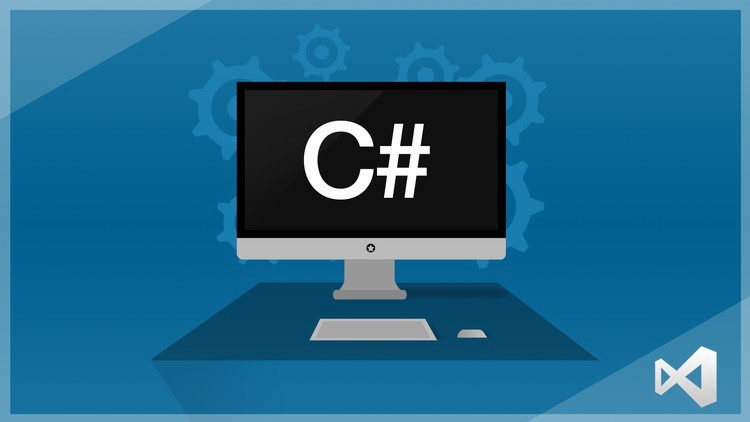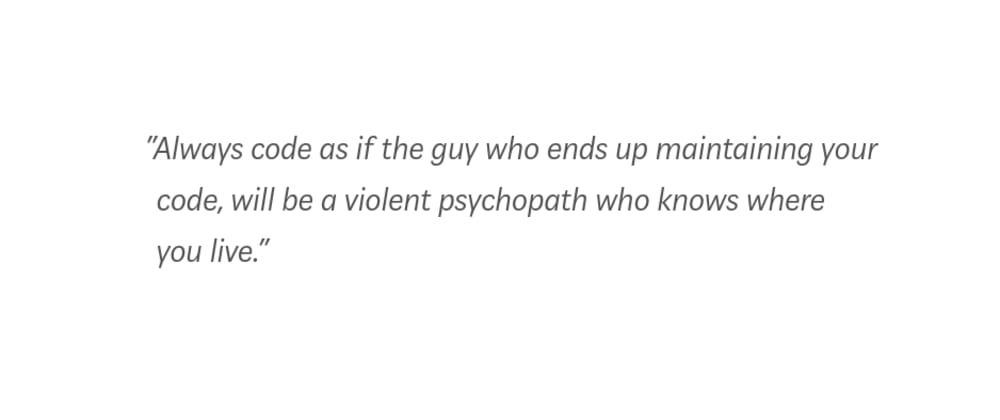
The primary justification for investing in clean code is largely a cost/benefit argument.īased on several sources I’ve seen (e.g. Programming is the art of telling another human what the computer should do.” “Programming is not about telling the computer what to do. More precisely, clean code is reader-centric code that is simple, readable, understandable, testable, and maintainable.

It is about writing code for the reader of the code… not for the author… or the machine.īy writing for the reader, I mean that we need to start by understanding our audience and write our code with the reader of the code in mind, with each line of code that we write.īy not writing for the author, I mean that we (as authors) need to put aside our own personal desires, preferences, and egos and write our code for the needs of the reader, before our own needs as a writer.īy not writing for the machine, I mean that we should optimize code for human readability first, and only optimize for the machine when the cost of performance to the users outweighs the cost of a clean design to the readers of the code. However, having spent many years reading about, practicing, and reflecting upon my own clean-coding practices, I would also like to add my thoughts to this on-going discussion.įor me, clean code is a philosophy of reader-centric code. They cover a wide range of important aspects including: simplicity, straight-forward logic, minimal duplication, single responsibility, and more. The definitions provided by these industry experts capture the key set of ideas behind clean code. Their responses attempt to capture the subjective and elusive nature of what clean code is. He elicits the help of thought leaders such as Bjarne Stroustrup, Grady Booch, Ron Jeffries, Dave Thomas, and Ward Cunningham.

Uncle Bob), asks several software-industry experts to define what clean codemeans to them.


 0 kommentar(er)
0 kommentar(er)
